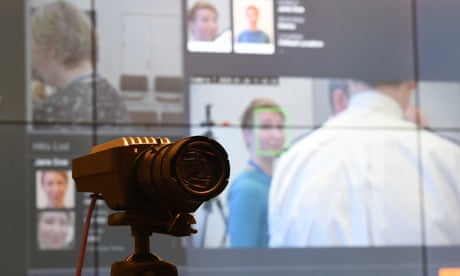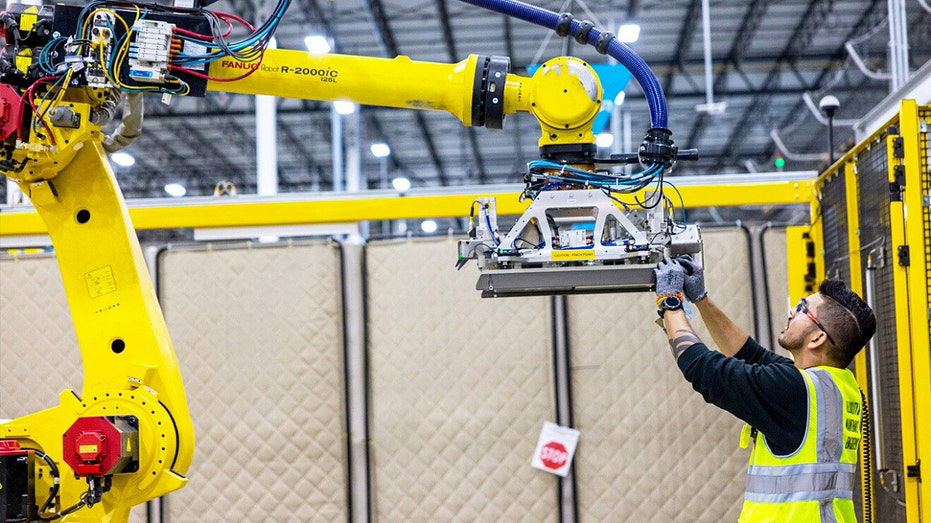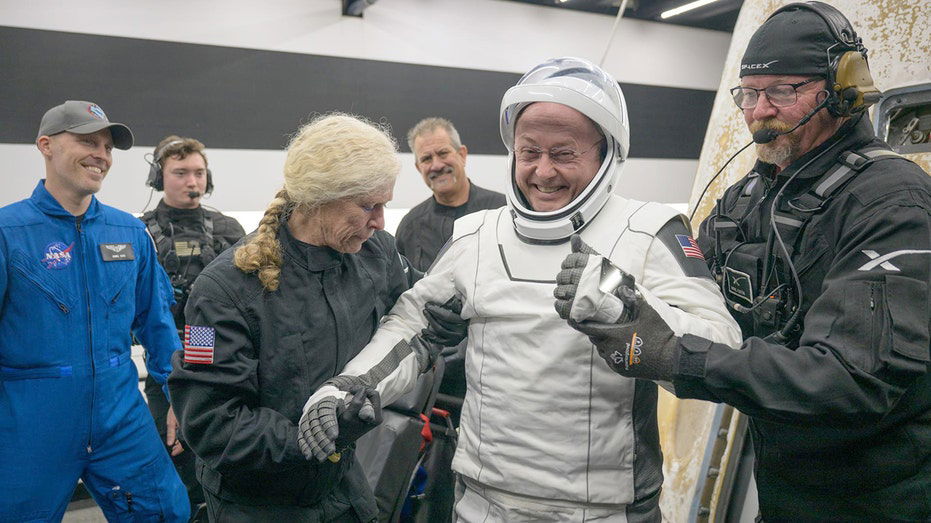- by foxnews
- 27 Feb 2026
UK police use of live facial recognition unlawful and unethical, report finds
UK police use of live facial recognition unlawful and unethical, report finds
- by theguardian
- 28 Oct 2022
- in technology

Police should be banned from using live facial recognition technology in all public spaces because they are breaking ethical standards and human rights laws, a study has concluded.
LFR involves linking cameras to databases containing photos of people. Images from the cameras can then be checked against those photos to see if they match.
British police have experimented with the technology, believing it can help combat crime and terrorism. But in some cases, courts have found against the way police have used LFR, and how they have dealt with infringements of the privacy rights of people walking in the streets where the technology has been used. There are also concerns about racial bias.
The study examined three deployments of LFR, one by the Metropolitan police and two by South Wales police. Both forces told the Guardian they had made improvements and believed in the benefits of LFR.
Inside UK law enforcement LFR is seen as potentially the next big crime-fighting innovation, on a par with the introduction of fingerprints. It potentially boosts the ability to locate an individual and track them.
Critics warn it could lead to abuses of human rights on a huge scale, including against rights such as protest and freedom of assembly.
Overseas and more authoritarian regimes, such as China, have used the technology as part of their suite of repressive tools.
The Met said the algorithm used had improved hugely in its accuracy with help from the National Physical Laboratory and input from the Defence Science and Technology Laboratory, with a false alerts rate of less than 0.08%
Pete Fussey, from the University of Essex, was hired by the Met to audit their previous LFR trials, and produced a critical report. The Met claimed a 70% success rate by 2020; Fussey said it was only 19%.
Parliament has yet to bring in guidance balancing the potential security benefits of live facial recognition versus safeguards, such as those put in place for police use of fingerprints and DNA.
- by foxnews
- descember 09, 2016
Diver drops to one knee 100 feet underwater in breathtaking Fiji shipwreck proposal
A New Zealand couple's underwater proposal at about 100 feet near a Fiji shipwreck becomes an unforgettable scuba diving love story captured on a GoPro camera.
read more





